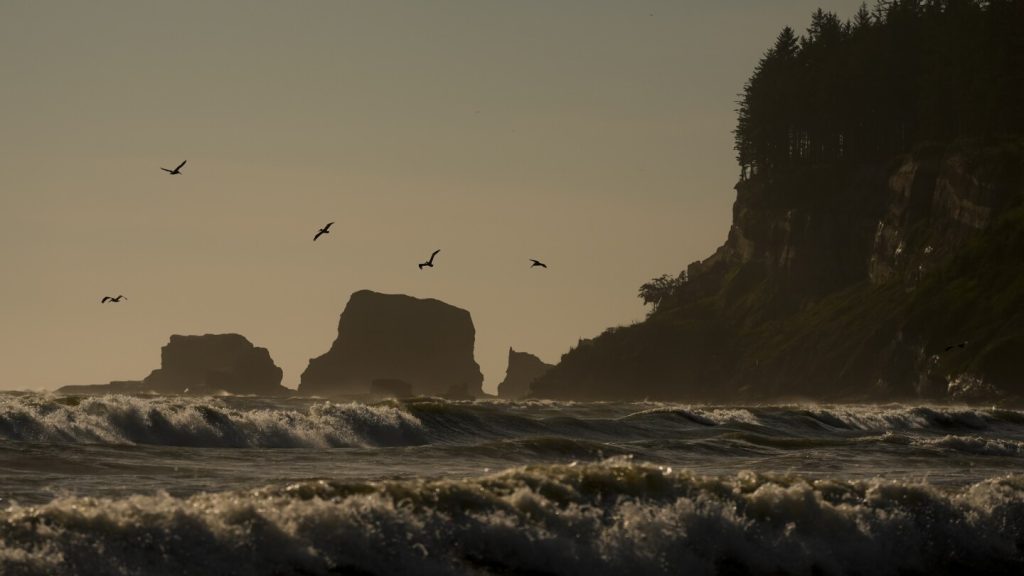A recent report released by the Northwest Climate Resilience Collaborative highlighted the challenges faced by coastal tribes in the Pacific Northwest in accessing government funding to combat the effects of climate change. These tribes, which are at the forefront of addressing climate change in their region, often struggle to meet the requirements for grants, such as providing matching funds and having the necessary staff. As a result, they are unable to undertake projects like relocating threatened villages or restoring salmon habitats effectively.
The collaborative conducted listening sessions with 13 tribes along the Pacific Coast of Oregon and Washington, the Strait of Juan de Fuca, and the Puget Sound. The report identified significant challenges faced by these communities, including coastal flooding, rising temperatures, declining snowpack, severe heat events, and increased wildfire risk. In addition to funding obstacles, the tribes also lack adequate staff to respond to climate change and face difficulties in partnering with state and local governments and universities due to their remote locations.
Despite the efforts of these tribes to address climate change impacts, funding gaps and complications remain a major concern. The report highlighted instances where tribes had to rely on their biology departments to navigate funding applications or depend on multiple funders for specific projects like building a marina. The lack of support in accessing funds hinders the tribes’ ability to carry out essential climate adaptation projects, such as relocation plans for villages threatened by rising waters.
The report emphasized the need for increased federal and state investment in climate action that considers tribal priorities. It called for removing barriers that prevent tribes from accessing funds and implementing holistic approaches to address climate change impacts. The Bureau of Indian Affairs did not provide immediate comment on the report’s findings, but the report stressed the importance of aligning federal responses with tribal needs and fulfilling the government’s trust responsibility to tribes.
Many tribes, including the Quinault Indian Nation in Washington’s Olympic Peninsula, have developed detailed plans for relocation and infrastructure projects to address climate change impacts. However, these efforts rely on fragmented federal and state grants, which come with constraints and challenges. The report also highlighted the importance of collaboration between tribal nations to address shared climate change impacts and the need for a coordinated federal response to support tribal communities.
Despite the obstacles faced by Pacific Northwest tribes in accessing funding for climate adaptation projects, they continue to lead in resilience and have valuable lessons to share with other communities. The report emphasized the inspiring and hopeful stories of these tribes as they overcome challenges and make progress in protecting their nations and communities from the impacts of climate change. Moving forward, there is a call for greater financial support and policy changes to ensure that tribes can adapt effectively to the changing climate and protect their lands for future generations.


